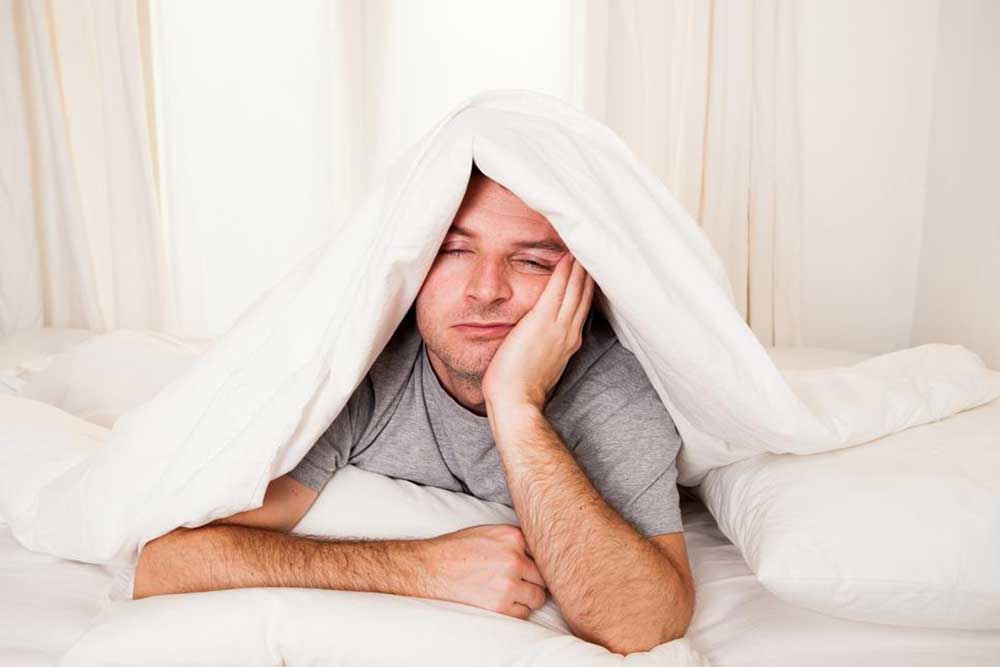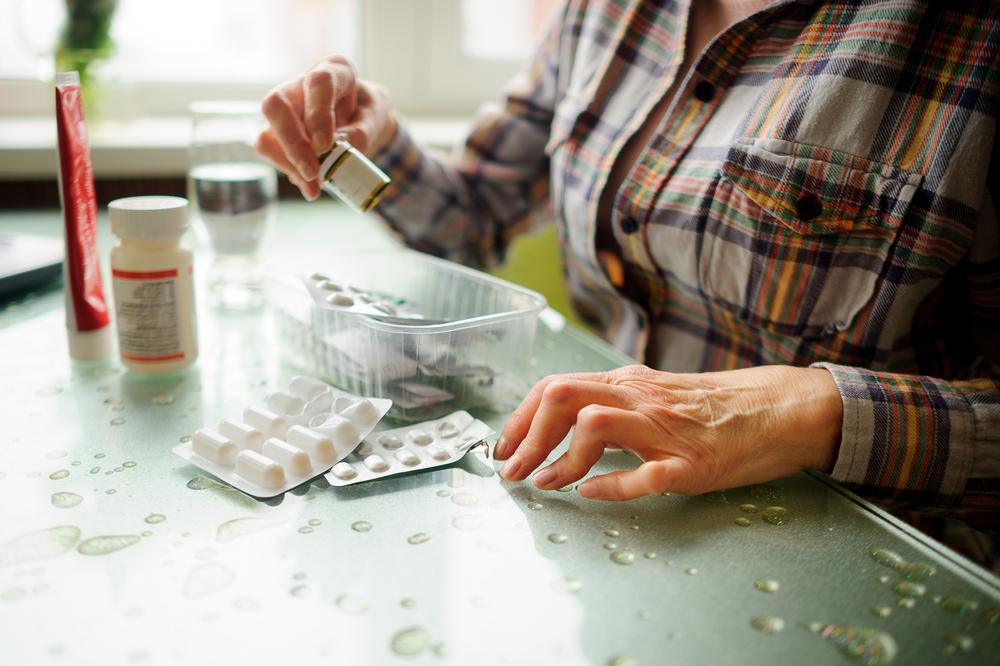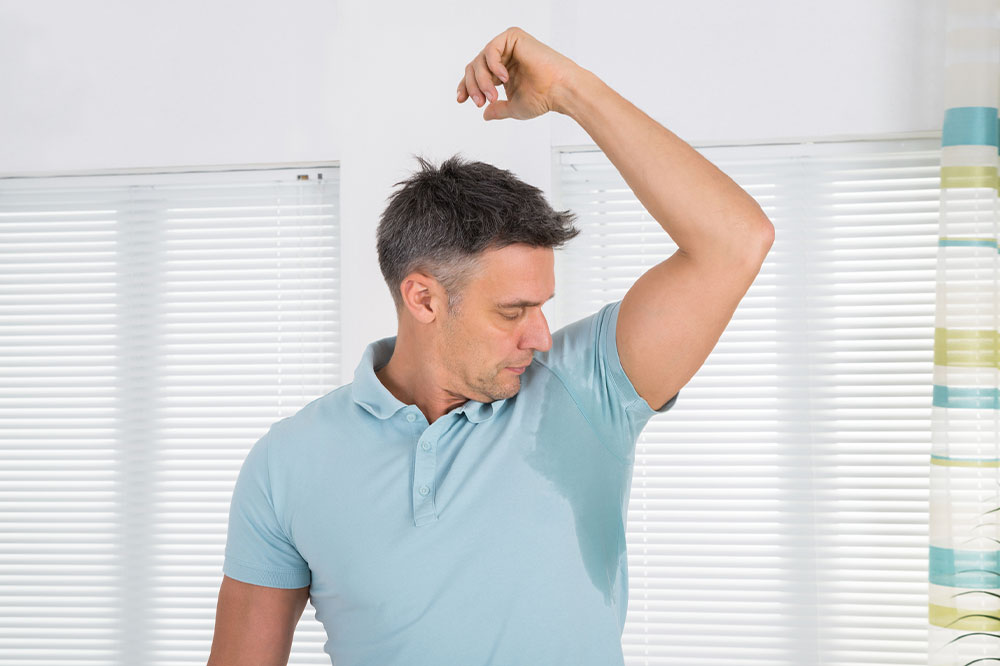Comprehensive Guide to Night Sweats: Causes, Triggers, and Management
This comprehensive guide explores the causes, triggers, and management of night sweats, providing valuable insights for those affected. It highlights key factors like hormonal changes, infections, medications, and lifestyle influences, offering practical tips to reduce symptoms and when to seek medical care. Understanding these aspects can help improve sleep quality and overall health, making this information essential for anyone experiencing nocturnal excessive sweating.

Night sweats, also known as nocturnal hyperhidrosis, refer to episodes of excessive sweating that occur during sleep, often leaving individuals drenched and feeling uncomfortably warm. Despite the term "sweats," this condition is not merely about feeling hot; it involves a physiological response where the body's sweat glands produce an excessive amount of perspiration, surpassing normal thermoregulatory needs. This phenomenon can be distressing, disruptive to sleep, and sometimes indicative of underlying health concerns. Understanding the causes, triggers, and appropriate management strategies for night sweats is crucial for both affected individuals and healthcare providers.
Understanding Night Sweats: A Detailed Overview
Night sweats are characterized by episodes of extreme perspiration that often soak sleepwear and bedding, sometimes to the point of waking individuals from sleep. These episodes can occur once or multiple times throughout the night, varying in intensity and duration. While occasional night sweats are common and typically benign, persistent or severe episodes may warrant medical attention.
Common Causes of Night Sweats
Night sweats can stem from a wide array of factors ranging from benign to serious health conditions. Recognizing these causes is vital for appropriate diagnosis and treatment.
1. Hormonal Fluctuations
Hormonal changes are among the most prevalent causes of night sweats, particularly among women. Menopause is a leading example, where declining estrogen levels trigger hot flashes and excessive sweating during sleep. Similarly, men undergoing testosterone therapy, or women experiencing pregnancy and postpartum hormonal shifts, may also encounter night sweats.
2. Medical Conditions
Various health conditions can cause night sweats, including infections, cancers, and metabolic disorders. Notable examples include:
Infections: Tuberculosis remains a classic infectious cause of night sweats, often accompanied by weight loss and fever. HIV/AIDS can also lead to recurrent episodes of night sweats due to immune system dysfunction.
Cancers: Lymphomas and other malignancies sometimes present with night sweats as an early or late symptom.
Endocrine Disorders: Conditions such as hyperthyroidism, where the thyroid produces excess hormones, can lead to increased sweating at night.
Neurological Disorders: Certain autonomic nervous system disorders may impair thermal regulation, resulting in night sweats.
3. Medications
Numerous medications are associated with inducing night sweats. For example, antidepressants, especially selective serotonin reuptake inhibitors (SSRIs), corticosteroids like prednisone, and certain medications for managing diabetes, can trigger episodes of excessive sweating. Pain medications such as aspirin and acetaminophen are also known, in some cases, to influence thermoregulation.
4. Lifestyle Factors and External Triggers
Environmental conditions and lifestyle choices significantly impact night sweat episodes. Factors include:
Room Temperature and Bedding: Sleeping in rooms that are too warm or with heavy bedding can lead to overheating, precipitating night sweats.
Alcohol and Caffeine Intake: Consumption of alcohol or caffeine close to bedtime can disrupt sleep patterns and influence body temperature regulation.
Eating Habits: Heavy or spicy meals before sleep may trigger thermoregulatory responses causing night sweats.
Stress and Anxiety: Psychological stress can activate the sympathetic nervous system, resulting in sweating episodes.
Diagnosing and Managing Night Sweats
Persistent night sweats warrant thorough evaluation by healthcare professionals. The diagnostic process may include a detailed medical history, physical examination, blood tests, imaging studies, and sometimes biopsies, depending on suspected underlying causes.
Management strategies are tailored according to the root cause. For example:
Hormone replacement therapy may be beneficial for menopausal women.
Antibiotics or antivirals might be necessary for infections.
Cancer treatment options will vary based on diagnosis and staging.
Lifestyle modifications, including cooling measures and sleep environment adjustments, can alleviate symptoms.
Tips to Reduce Night Sweats
Individuals experiencing night sweats can implement various practical measures to minimize discomfort. These include:
Keeping the bedroom cool, ideally between 60-67°F (15-19°C).
Using breathable, moisture-wicking bedding and sleepwear.
Avoiding heavy blankets or overbundling during sleep.
Avoiding spicy foods, caffeine, and alcohol before bedtime.
Engaging in stress-reduction practices such as meditation or deep-breathing exercises.
If medications are suspected to cause night sweats, consulting a healthcare provider before making adjustments.
When to Seek Medical Attention
While occasional night sweats are common and benign, certain symptoms require prompt medical evaluation:
Night sweats accompanied by unexplained weight loss or fever.
Persistent or worsening episodes despite lifestyle modifications.
Associated symptoms such as chest pain, fatigue, or lymphadenopathy.
The presence of underlying autoimmune or chronic illnesses.
Conclusion
Night sweats are a multifaceted condition that can sometimes be a mild, temporary annoyance or a sign of more serious health issues. Understanding the diverse causes—from hormonal fluctuations and infections to medication side effects and lifestyle factors—is essential for effective management. Individuals experiencing persistent or severe night sweats should consult healthcare professionals for accurate diagnosis and tailored treatment plans. With appropriate strategies and modifications, many people can significantly reduce the impact of night sweats on their quality of life.





